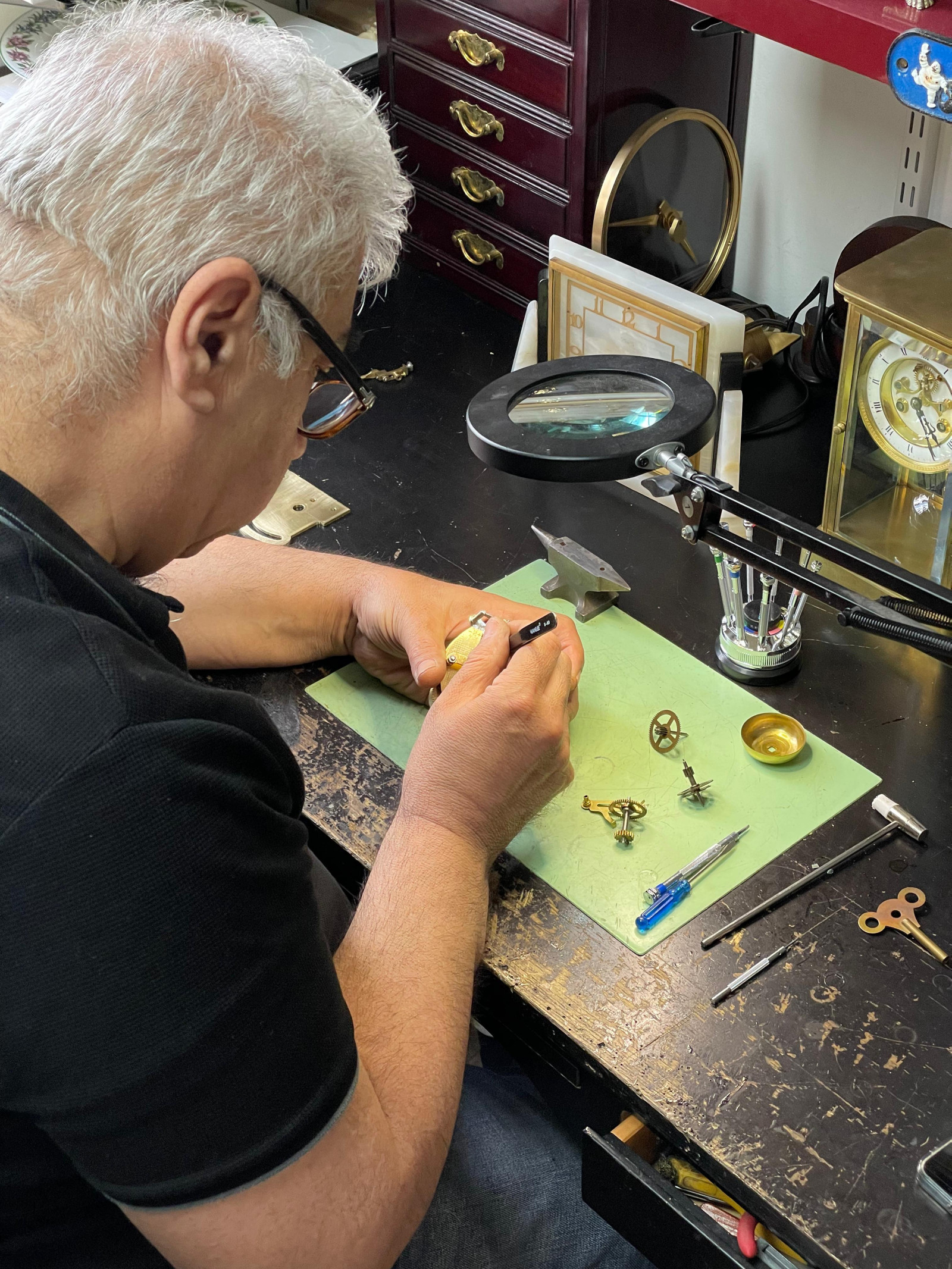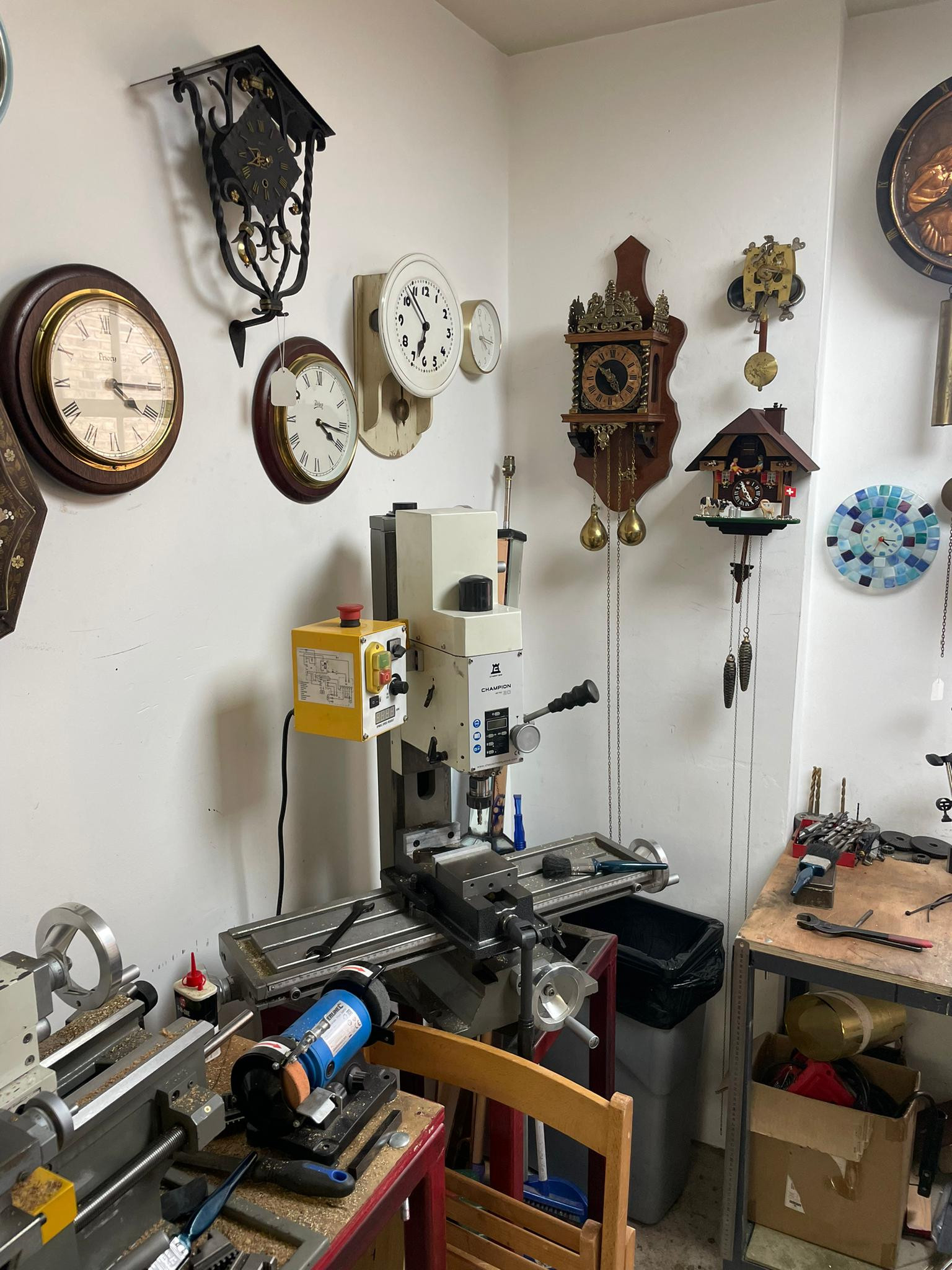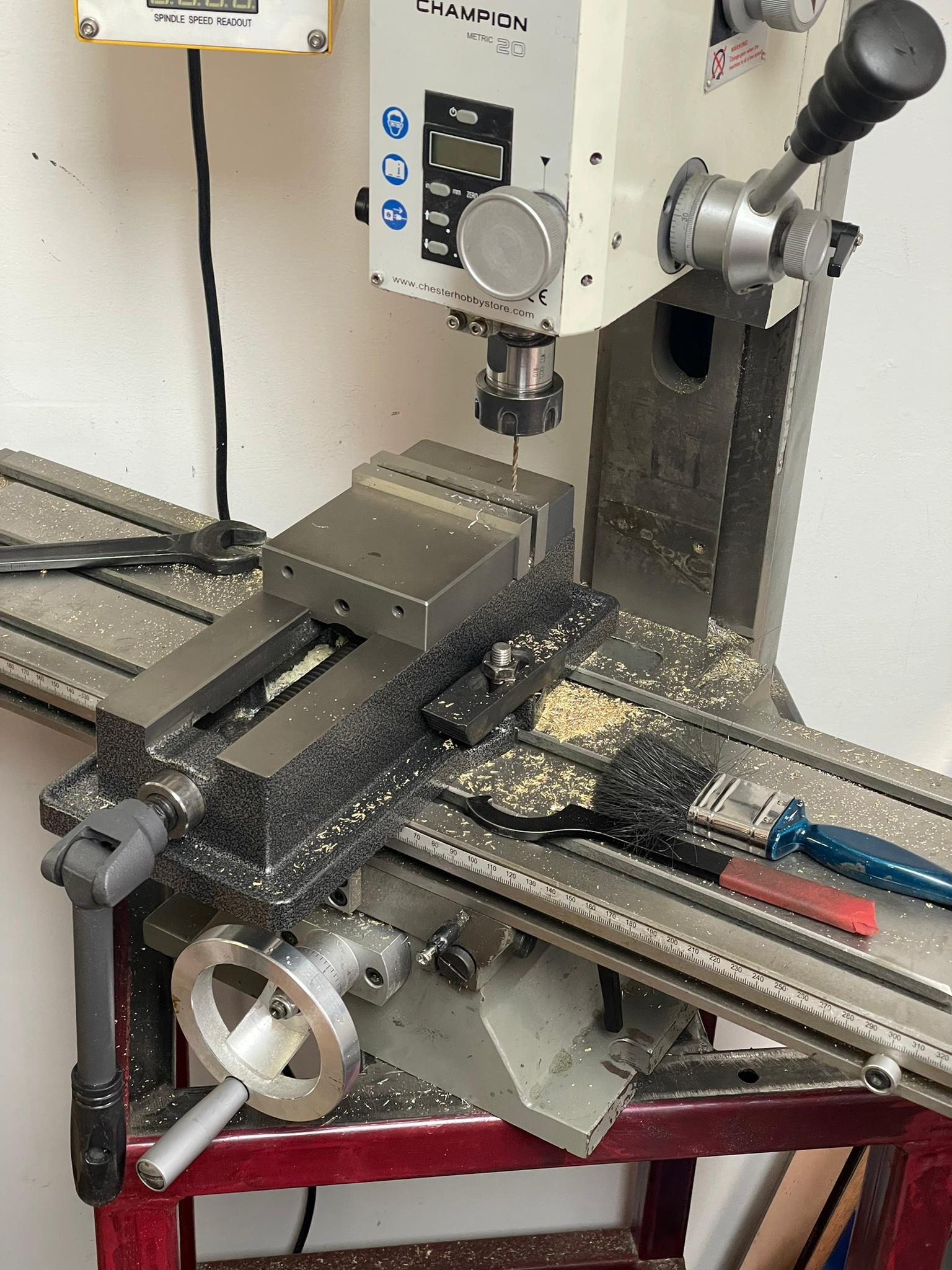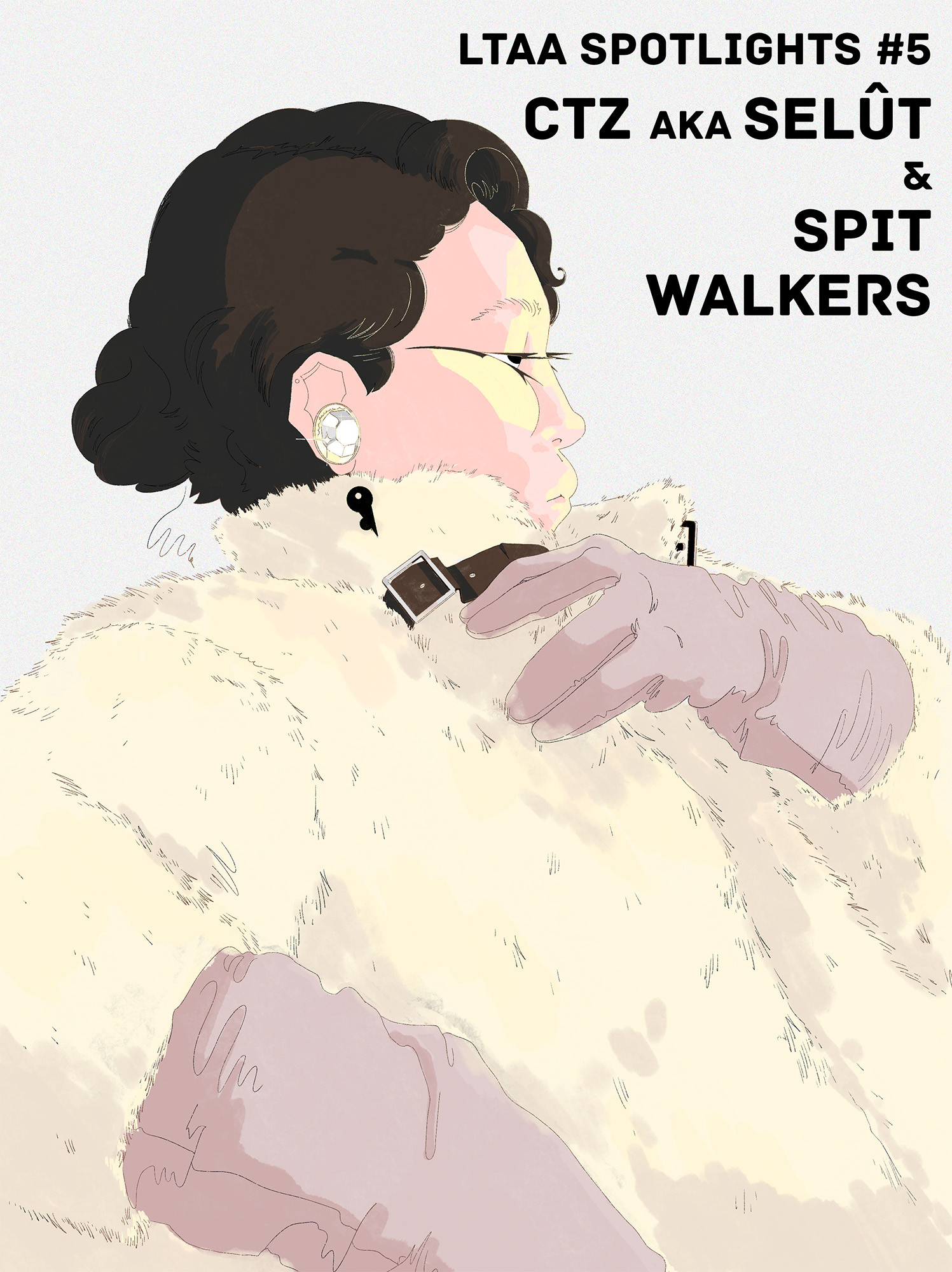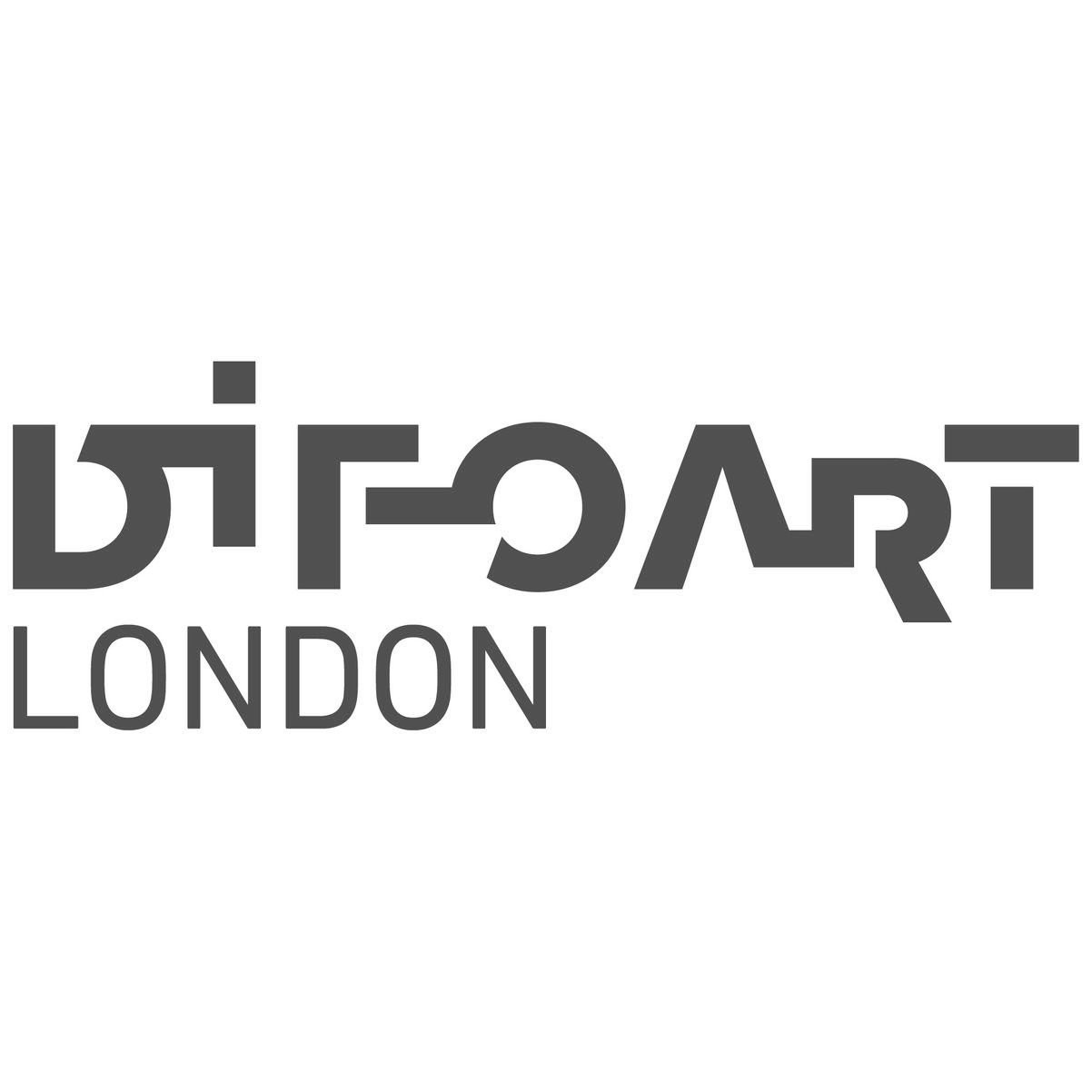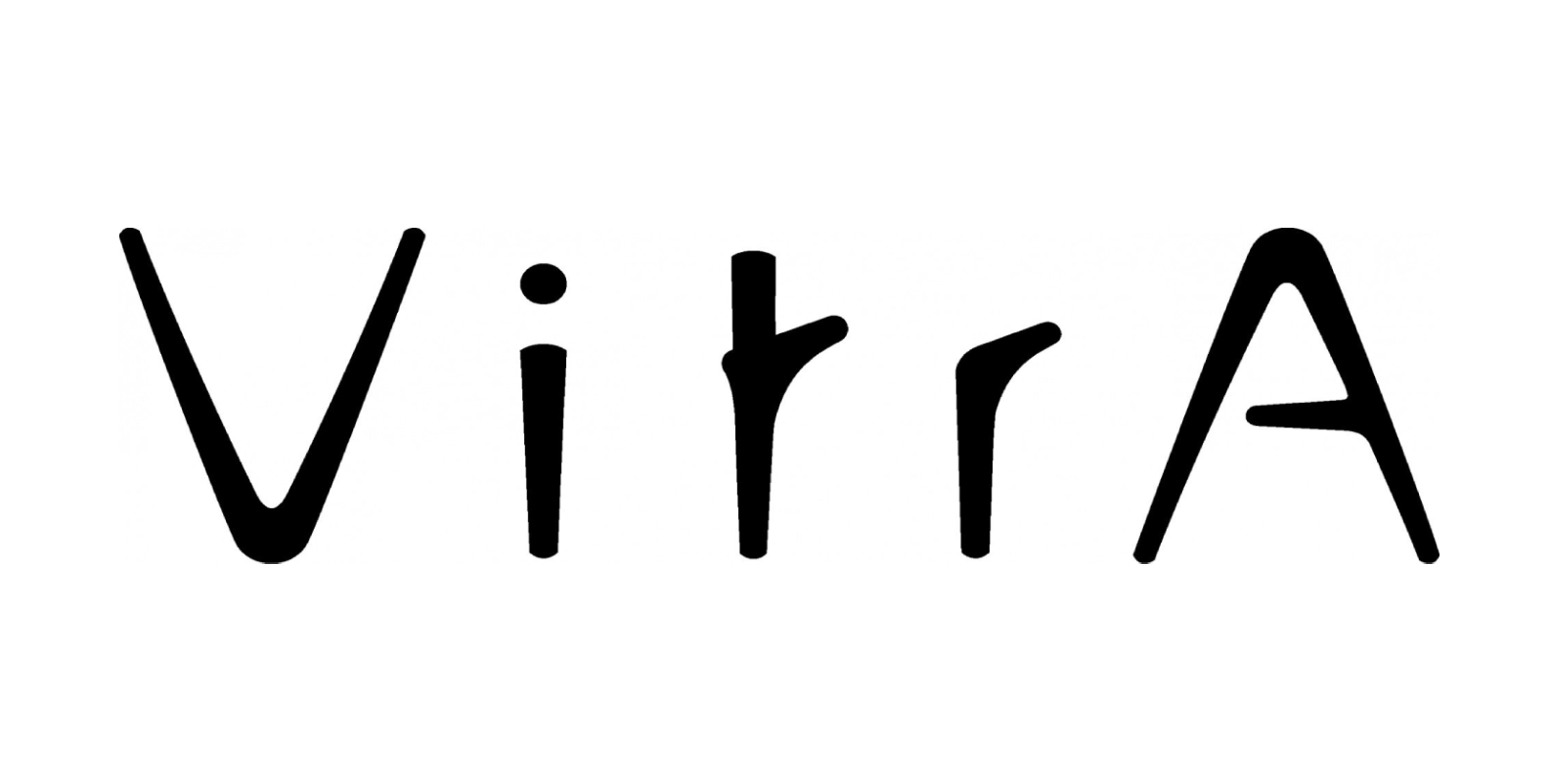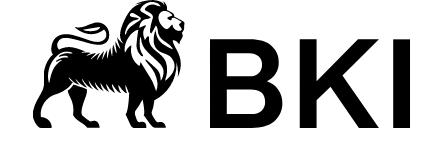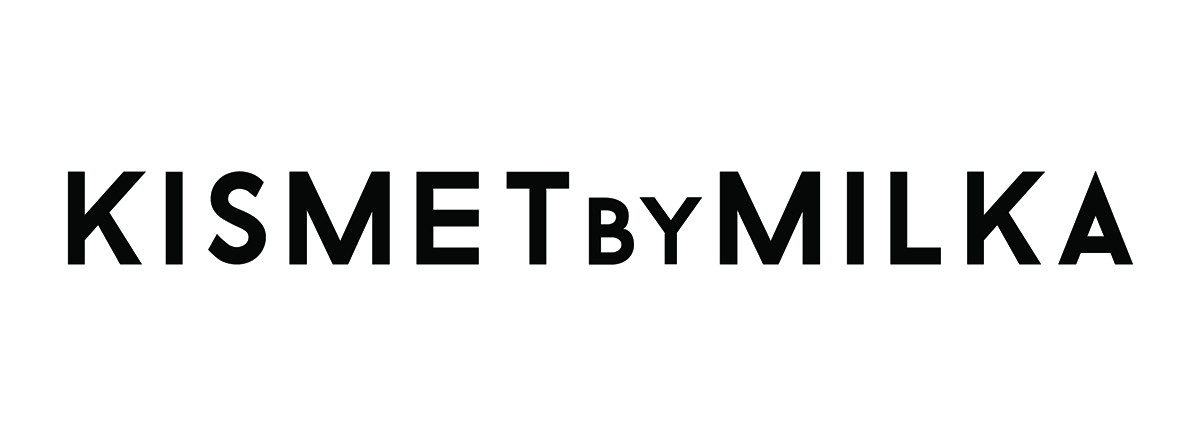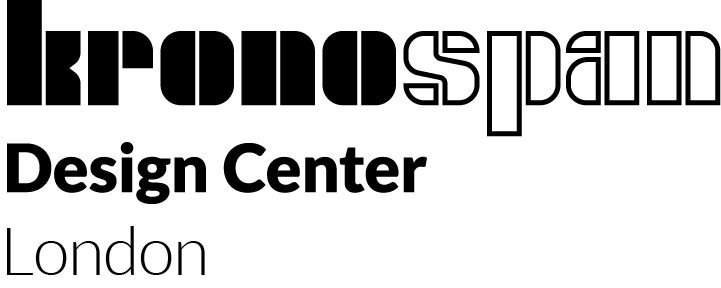Ersan Dogan - Keeping Time Clock Service / LTAA Spotlights #4
24 June 2024
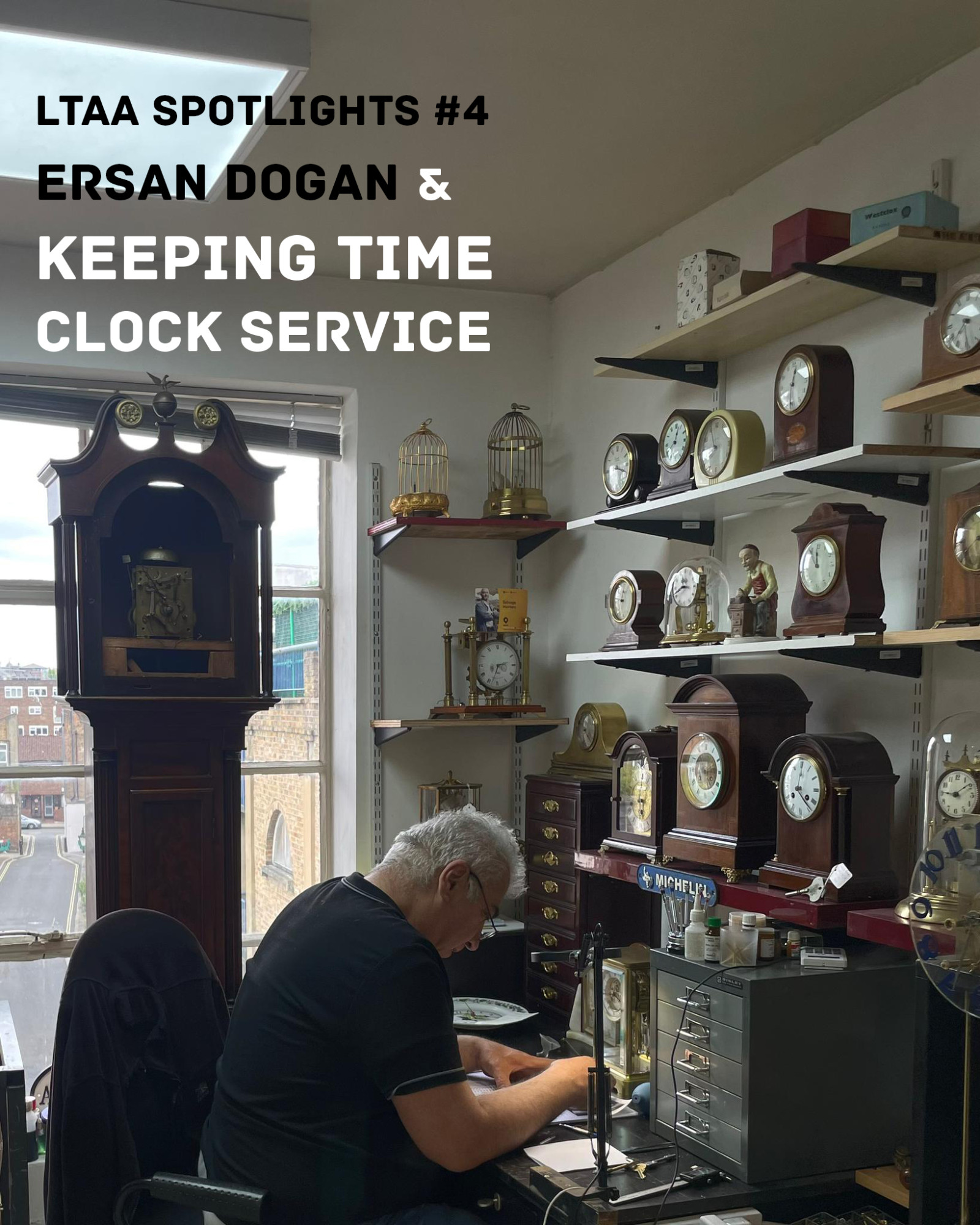
Ersan Dogan offers clock repair, restoration, and buying-selling services under the name "Keeping Time Clock Service" from his workshop in Alfies Antique Market.
He is one of the very few people in London to offer this rare service on the top floor of this building, where various antiques, artworks and furniture are sold. His workshop, his work and his craftsmanship are definitely worth a visit for all visitors, especially for designers.
We are grateful to have had a very enlightening and enjoyable interview with him about the craftsmanship and the artistic quality of his work.
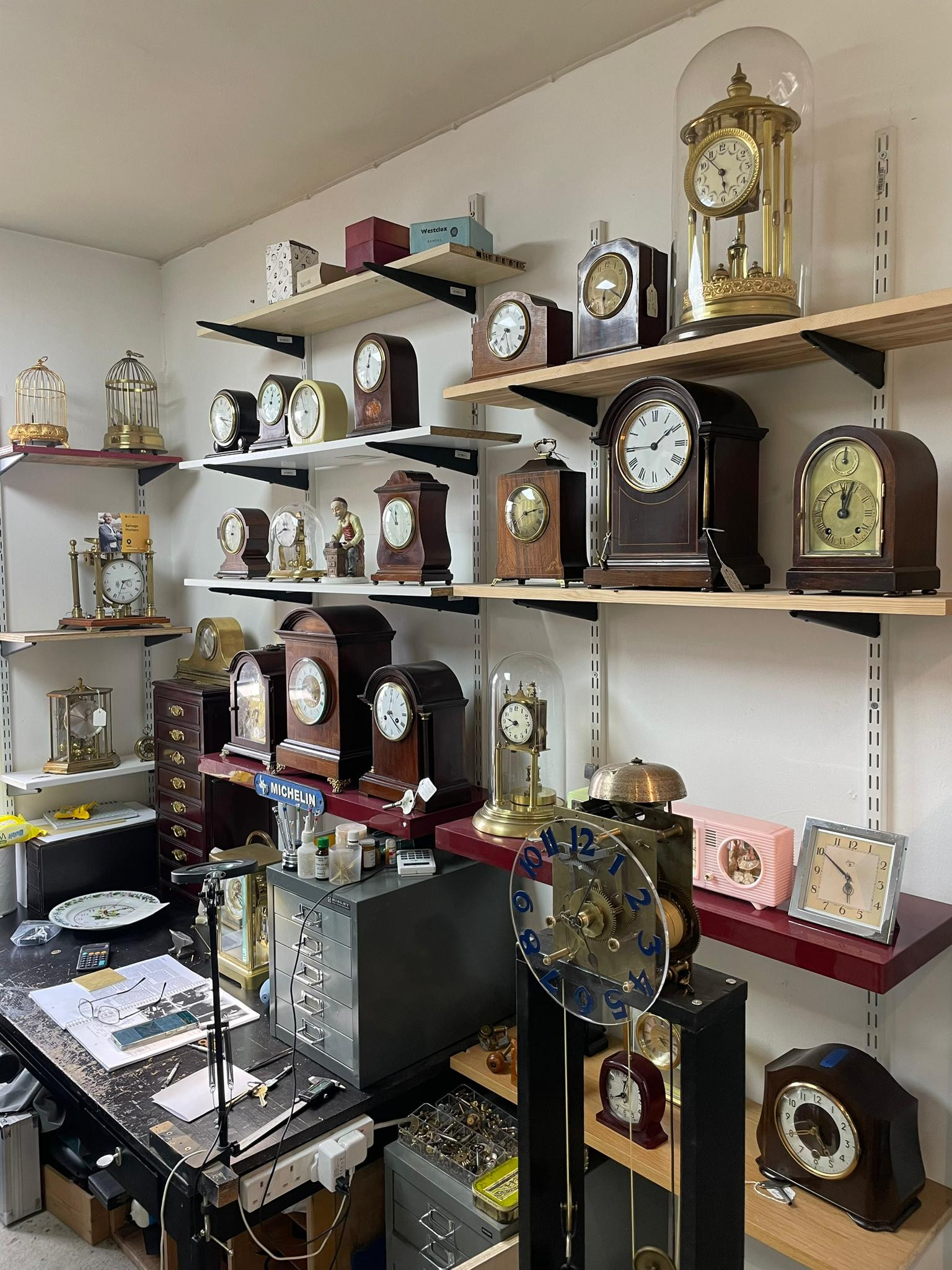
1- Could you share your career journey, starting from your work at the Rahmi M. Koç Museum in Ankara to the founding of your business, “Keeping Time Clock Service,” in London? Is there a story behind the name of your company?
In 2010, I received an invitation from Mr. Rahmi Koç. He told me that I could continue my work in a space he would provide at his museum and that I had complete freedom in my work. However, he had one condition: visitors should be able to watch my workshop. So, I moved my home workshop to the allocated space, and until 2020, I worked independently at the museum. Mr. Koç knew me from the miniature machine models I had created. In my workshop at the museum, I made many new models, including clocks, miniature steam or gasoline-powered machines, etc. I also learned a lot from the museum's rich collection.
In 2020, upon the persistent invitation of my daughters, my spouse and I decided to move to London, benefiting from the Ankara Agreement. After submitting our application and waiting a few months, our application was approved, and we received our visa. I rented my current workshop and established my business. Initially, my company was based on metalwork, but thanks to my interest in and knowledge of clocks, my business transformed entirely into antique clock repair, restoration, and trading after the first year.
"Keeping Time Clock Service" is not the official name of my company. The registered name is "The Bespoke Metal Workshop LTD." However, when my business became fully focused on clock repair, I started using the other name.
2- Instead of working with wristwatches, commonly known as "watches" here, you chose to focus on clocks—wall, mantel, and standing clocks. What first sparked your interest in clocks, and what made you decide to pursue this area with watches?
Mechanical clocks are masterpieces of craftsmanship, containing science, mathematics, astronomy, art, and craftsmanship within them. Each one tells the story of its own historical period. Especially those made before the Industrial Revolution are not just timepieces but also works of art, as every part was handcrafted, bearing the traces of the master who made them, almost like a historical document. The ever-growing desire to measure time more precisely has turned them into nearly perfect machines. I am deeply moved by these machines, some of which were made 200-300 years ago, because of the stories behind them, their craftsmanship, and their method of construction.
3- Antique clock repair is a highly specialized and refined field. What specific skills and, if applicable, training are required to excel in this craft?
I graduated from the Machine Department of the Industrial Vocational High School in 1979. The most fundamental skill required for antique clock repair is being able to operate machines that produce metal parts, such as milling machines and lathes, as well as having a basic knowledge of metallurgy. However, these alone are not enough. One must also have a keen interest in history, learn about the development of craftsmanship, and practice extensively by opening, examining, and attempting to repair mechanical clocks.
4- Could you walk us through the key steps involved in restoring an antique clock? What are the most challenging parts of the process?
The most important factor in determining the restoration process of an antique clock is being able to see the difference between its original condition and its current state. Are there any missing or broken parts? Are there documents or images showing the clock's original form? In mechanical clocks, we can roughly divide restoration into two main categories: the restoration of the mechanical structure and the restoration of the wooden case. The goal of restoration is to try to make the existing clockwork like it did on the first day. However, sometimes the loss of parts or materials is so significant that the process performed to restore it to its original functioning state is actually a renewal rather than a restoration. Both areas can be quite labour-intensive; for example, one of the most challenging aspects of restoring a wooden case is finding the original wood. You might spend days or even months searching for a sufficient amount of original wood for the case.
5- You mentioned that you are one of only three providers of these services in London. What sets your approach and business apart from others in this field?
My advantage compared to other places in London is that I can manufacture metal parts or gears. Additionally, I believe I work relatively quickly and deliver promptly. People often say that I complete repairs very swiftly.
6- Could you share some of the most memorable or valuable clocks you have worked on? What made these projects particularly special?
I am very curious about machines and mechanisms in history that are not well known, or rather, known but without a functioning example. If I can find their drawings or plans, I would like to create working models of them. While I was in Turkey, I modelled two very important machines for the first time in the world, using their actual plans and drawings. The first was a clock designed by Takiyuddin, and the second was Biruni's mechanical lunar calendar.
7- What do you find most rewarding about your work? Are there particular moments or pieces of feedback from your clients that have especially resonated with you?
In an expensive city like London, the first rewarding aspect for me is receiving fair compensation for the services I provide. Secondly, it is incredibly satisfying to restore a non-functional mechanism and bring it back to life. When I repair and deliver a clock that is very precious to a client, I have had instances where that client sends me another customer or expresses gratitude for helping them realize the value of a clock they previously underestimated, sometimes even offering me monetary rewards.
8- How was establishing Keeping Time Clock Service in London different from running a similar business in Turkey?
First of all, there is great respect and support for craftsmanship here. I believe this is because the number of people doing such work has significantly decreased. Secondly, establishing a company in the UK is incredibly easy—there are no upfront taxes, and there is less bureaucracy.
9- Are there any hobbies or interests outside of clock repair that influence your work or inspire you?
As I mentioned previously, I am still researching ancient machines and mechanisms. I am still interested in making miniature machines, but I don’t have many opportunities to do so here. I am also somewhat interested in astronomy and chess.
10- Is there something about the art of antique clock repair that you wish more people were aware of?
If I had the financial means, I would love to teach what I know to at least one young person. Additionally, if I had the opportunity, I would like to create films that showcase the development of this craftsmanship and its works throughout history for the current generation.
We are once again very much thankful for the enlightening and enjoyable interview with Ersan Dogan, who shared valuable insights into the craftsmanship and artistic quality of his work. If you are ever in the area, be sure to visit his studio at Alfies Antique Market.
Interview & Photography: Kaan Öncüoğlu
